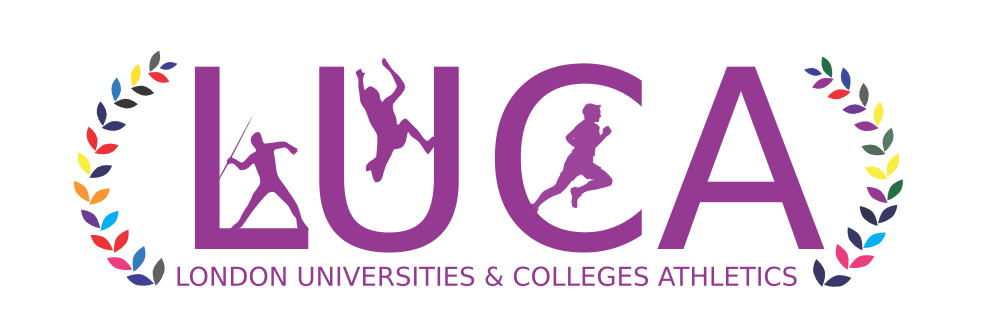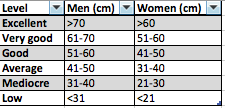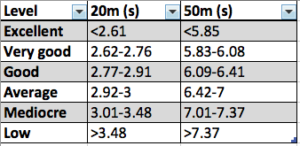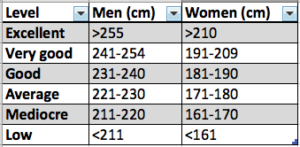
As the cross country season is about to start, you might be deciding whether athletics is the sport for you. Or if you already know that you like athletics, perhaps you’re questioning if the event you have been working on fits you.
If you are in the first category, don’t hesitate! You can’t go wrong with athletics. Due to the range of events available, I can assure you that one will work for you. Whether you like speed, distance, jumping or throwing, athletics will be the right choice. And if you feel like simply running on a track could get repetitive, then you can do more than one event. Multi-event competitions, such as decathlons for men and heptathlons for women, mix track races with field events to create an all rounded discipline. Athletics is an individual sport which allows you to track your personal development with times and distances, so you can challenge yourself with performances to achieve. On the other hand, it can also be enjoyed simply by pushing yourself in a way that suits you.
If you fit in the second category – so you have established that athletics is for you but are not certain you have picked the right event, stay motivated and hopefully the tips coming ahead will help you.
The most important thing is to find a balance between where you get the best performances and what you enjoy doing the most. These can be different, you might be great at 200m but appreciate going on long runs too, or constantly get personal bests in shot put but have more interest in 400m training. Once you have determined what you are good at and what you like, some factors can help you make your decision.
Physiologically, our bodies suit some events more than others. The proportion of fast-twitch versus slow-twitch muscle fibers in our body is what makes an athlete explosive or better at distance running. It’s not necessary to have a muscle biopsy to get an idea of where you roughly stand, instead here are a few easy tests:
1. Vertical jump:
- Stand perpendicular to a wall and put your hand straight above your head on the wall.
- Keeping your feet flat on the ground, put your hand as high as possible on the wall and mark the point.
- Put chalk, or something that will leave a mark, on your hand.
- Do three jumps from standing, trying to reach as high as possible with your hand on the wall.
- Measure the distance between your first mark and the highest of your three marks.
This test will measure your explosiveness and you can get an idea of your level with the table below:
- Do an easy warm up with a few strides.
- Have someone time you over 20m, then do the same with 50m after a rest.
Your times give you a rough idea of your sprint abilities, compare them to the table below:
- Draw a line on the ground, giving yourself some space in front to land.
- Stand behind the line and jump as far forward as possible without losing your balance or falling.
- Give yourself three trials and measure the longest distance.
By comparing your distance with the table below you will see your horizontal explosive potential:
These tests don’t fit perfectly for all body types, but they allow you to get a grasp of which event seems to be more adapted to you.
If you got mediocre results on the tests above, you might be more adapted to endurance events. The Cooper test is a good way of measuring your fitness on longer distances. The link below explains how the test is done and measured, while the calculator on the second link enables you to have a notion of what the measure means.
http://calcuworld.com/health-calculators/cooper-test-calculator/
These should allow you to see what event your body is leaning towards. But your body type is not the only criteria, different body types can perform just as well in the same distance. Look at the European 200m record holder, Pietro Menne, who is 1.77m tall; if you compare him to Bolt at 1.93m it would seem strange that they’ve got similar talents, yet both excel at the same event.
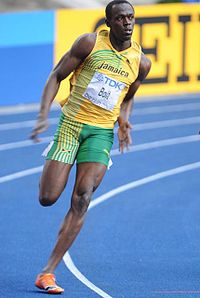

A large part of training is based on your motivation and mental strength. So it’s important to pick an event that you enjoy and in which you are ready to push yourself. Stay open to all events, even if a distance runner will say that a sprinter doesn’t exercise or that a thrower doesn’t need any fitness, trying the events yourself will be the only way to see if they fit you.
Remember:
- You can’t go wrong by choosing athletics
- Pick events that you like and where you would be able to perform well
